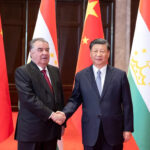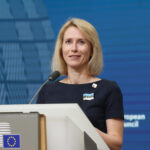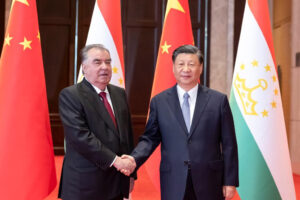Chile Monday became the first South American country to implement a “Feminist Foreign Policy,” it was reported in Santiago. The Feminist Foreign Policy Plan (PEF) seeks to establish gender equality as a guiding principle in the Foreign Ministry, it was explained.
“An equal, plural and diverse participation in the public space is imperative for a stronger democracy,” in accordance with the challenges posed by the global agenda, Foreign Affairs Undersecretary Gloria de la Fuente said.
“Chile today, more than ever, aspires to the development of policies and actions that promote the autonomy and empowerment of women in different spaces to build a more just, inclusive, and sustainable society,” she added.
De la Fuente also pointed out that with this plan Chile reinforces its commitment to the promotion of human rights that it has strongly stood for in recent decades.
Chilean Foreign Minister Alberto van Klaveren added that the basis of a Feminist Foreign Policy is not at all strange, since it is the conviction to achieve a more egalitarian world. “It is a paradigm under construction, which will necessarily be updated, deepened, and strengthened together with the advances of society itself and the challenges of the future”, he stressed.
Chile joined France, Canada, Germany, Spain, Luxembourg, and Mexico among others, which have implemented similar feminist foreign policies to strengthen democracy with a focus on gender equality; to promote greater empowerment and representation of women; to deepen the women, peace, and security agenda; to address issues such as trade and gender, climate change, science, technology, and innovation; and to promote a comprehensive care system.
The South American country also recognizes that gender gaps are an obstacle to the construction of more representative democracies and limit the development of countries, and promoting equality is a legal obligation arising from global treaties signed by Chile.
Hence, the South American country stated that this plan will seek to promote global and regional governance by identifying spaces for the creation and updating of international standards incorporating a gender perspective.
Source : Merco Press
















